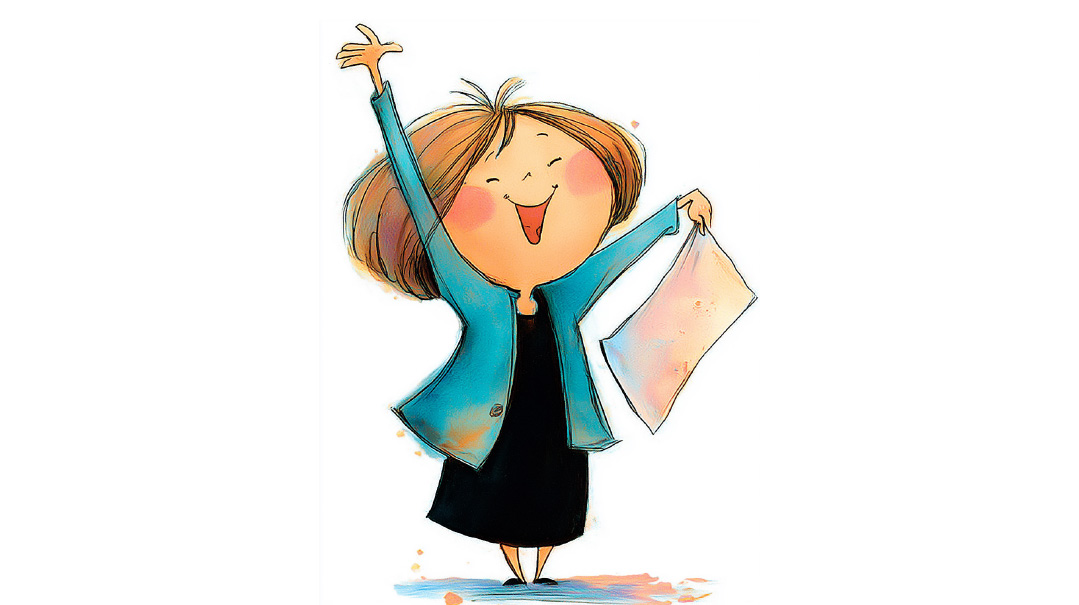Closed Book
| June 9, 2024I wanted to build a Torah home, but my husband never learns

As told to Lori Holzman Schwartz
Shavuos night my house looks like every other Jewish home — at least at first. I bentsh licht while the sun is still setting in the night sky, seven candles — one for each member of our family — reflected in the windowpane, the porcelain plates set out on the white tablecloth, a beautiful bouquet of roses on the table, the children all bathed and clean in their Yuntiff clothes. “Everything looks wonderful,” my husband compliments me with a smile. I smile back at him, then he gives each child a kiss on the head before he sets out for shul. Later, when he gets home, he makes Kiddush, and we wash and eat the beautiful seudah I prepared. It’s only much later, after the meal is over, after the children have been put to bed, when the stars light up the night sky, that the difference between our family and the others will emerge.
Because while the other husbands are wishing their wives a “good Yuntiff” and trekking back to shul for a long night of learning, I know there’s a good chance my husband will have fallen asleep already, without having even opened a sefer.
I come from a typical Brooklyn family. I’m the youngest of seven. My parents both worked hard, my mother as a school secretary, my father as an insurance broker. Our home was a happy, happening place, with siblings and grandchildren coming and going, and my parents loved spending time with all of us. But no matter what was going on in the house, every night my father would retreat to his study. Eight to ten was his learning time, and it was sacred. There was no disturbing him then.
I went to same Bais Yaakov as my sisters, and then I spent a year in seminary in Yerushalayim. When I came back, I knew exactly what I wanted in a husband. Smart, kind, funny — a man like my father; an equal partner in supporting the household, and one who would make time for learning every day.
I started dating right away, but the first three guys I met went nowhere; we just didn’t have anything to talk about.
I had just turned 20 and started college when a family friend redt Menashe. He came from a similar background, went to typical yeshivos, and had even started his own business. His references were glowing. Everyone talked about how nice he was, a true baal chesed, always willing to help someone in need. He checked all the boxes; he even made time to learn b’chavrusa every night. In my family we never bought into the notion of looking for the “top boy.” It was enough that someone’s heart was in the right place, and they made time to be kovei’a ittim.
Menashe came to my house and sat down with my parents for a few minutes before our first date. My father gave me a thumbs-up when I came out to meet him. Both my parents thought he was very personable.
I was also immediately impressed. Menashe was handsome, he carried himself well, and he had a quick smile. Plus, I liked his tie.
Oops! We could not locate your form.







